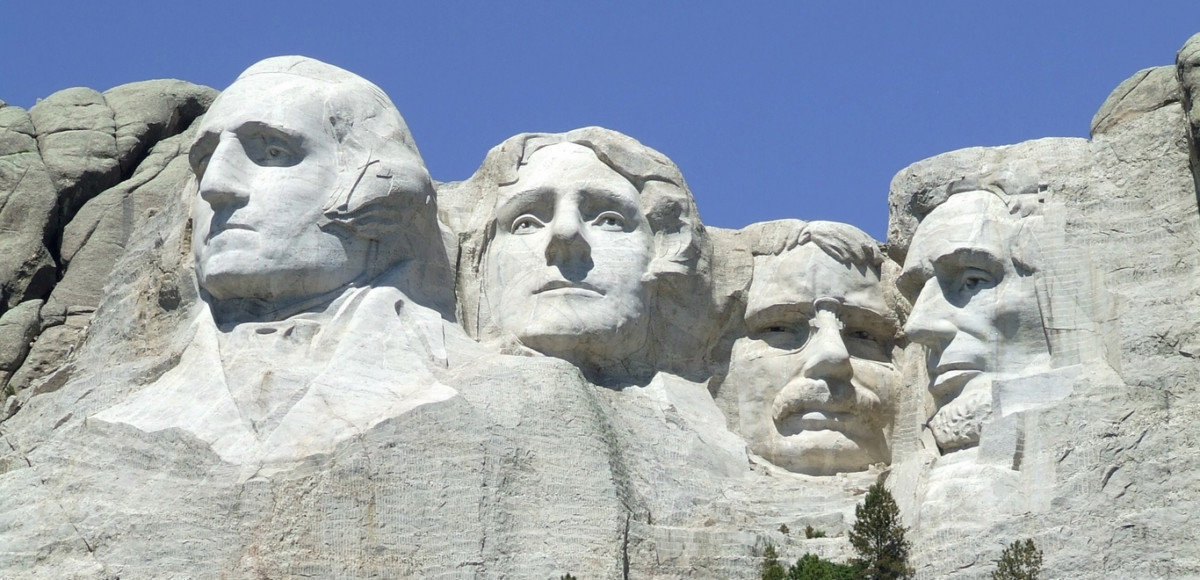Only two U.S. presidents are remembered with a national holiday – George Washington and Abraham Lincoln. Both were born in February – the 22nd and 12th – so Americans have chosen a Monday between the two days for our remembrance.
Washington was, of course, our first president under the Constitution. He had presided over the Constitutional Convention and lent his considerable authority to the resulting document. He was elected after the Constitution was ratified by the states, after a long public debate. His election was practically a foregone conclusion since he led the colonies to success in the Revolutionary War.
Everything he did established a precedent for future presidents. Washington created a cabinet of luminaries including Thomas Jefferson and Alexander Hamilton – political rivals. He kept the new United States neutral and warned against alliances with European countries. Even the manner of addressing the president (Mr. President) was selected by Washington, although John Adams wanted a more exalted “his highness, etc “.
One of the most important was his decision to resign as commander of the Continental Army. By doing so, he established the priority of civilian control over the military, one of our enduring legacies. Finally, at the end of his second term, Washington chose not to run for a third term, even though at that time there was no two-term limit.
Lincoln led the nation through our Civil War during his entire presidency. The southern states seceded within months of his election and created the Confederate States of America. War broke out in April 1861. The Confederacy was defeated, albeit at the cost of 600,000 lives. Lincoln abolished slavery – first by the Emancipation Proclamation, then by lobbying Congress to pass the 13th amendment to the Constitution.
He may have been our most eloquent president, in spite of little formal schooling. One only needs to read the famous Gettysburg Address, Lincoln’s Second Inaugural (“with malice toward none, with charity for all…”) and his statement about the fall of Vicksburg (“The father of waters once again flows unvexed to the sea”) to hear how he inspired his nation during that dark time. Political rivals who at first held Lincoln in low regard became his most ardent supporters.
On April 9, 1865 the Confederate commander Robert E. Lee surrendered and the Civil War was effectively over. Lincoln had already set out his plans to “bind up the nation’s wounds” and bring the South back into the United States, peacefully. But only 5 days after Lee’s surrender Lincoln was assassinated, and the post-war period took a much different turn.
Historians consistently rank Washington and Lincoln among our top 3 presidents (FDR is the other). Certainly they and their leadership deserve to be remembered always.






